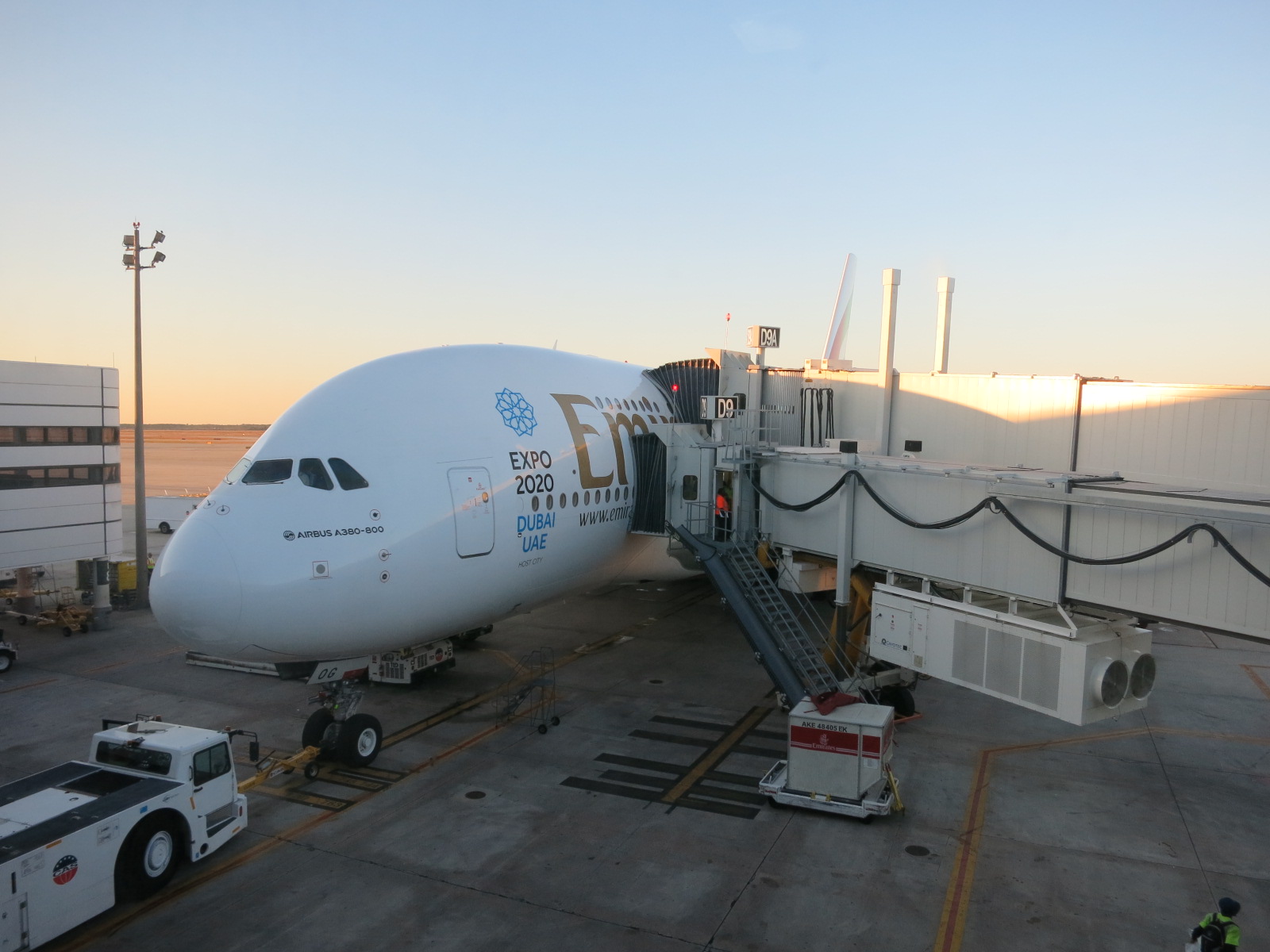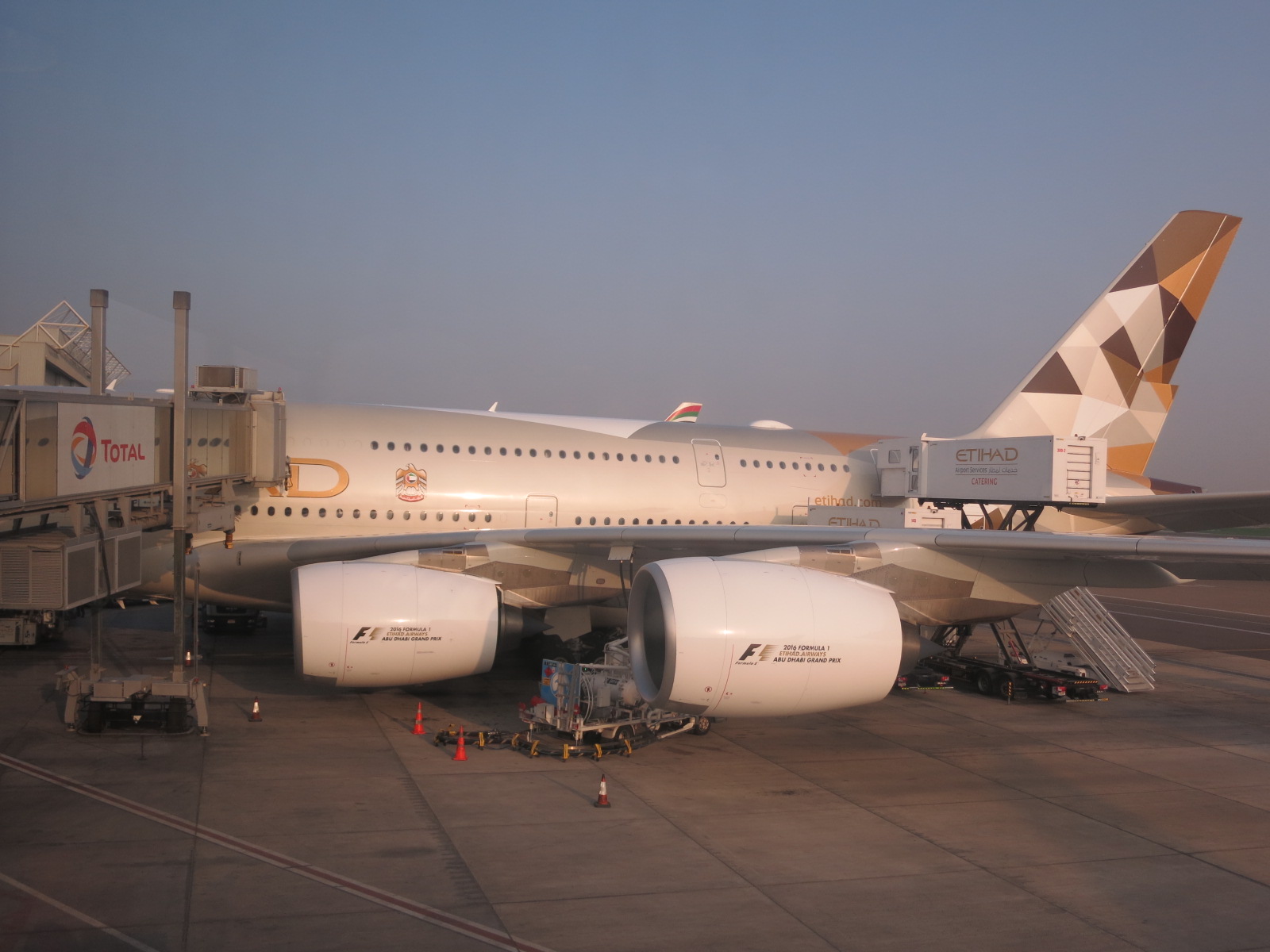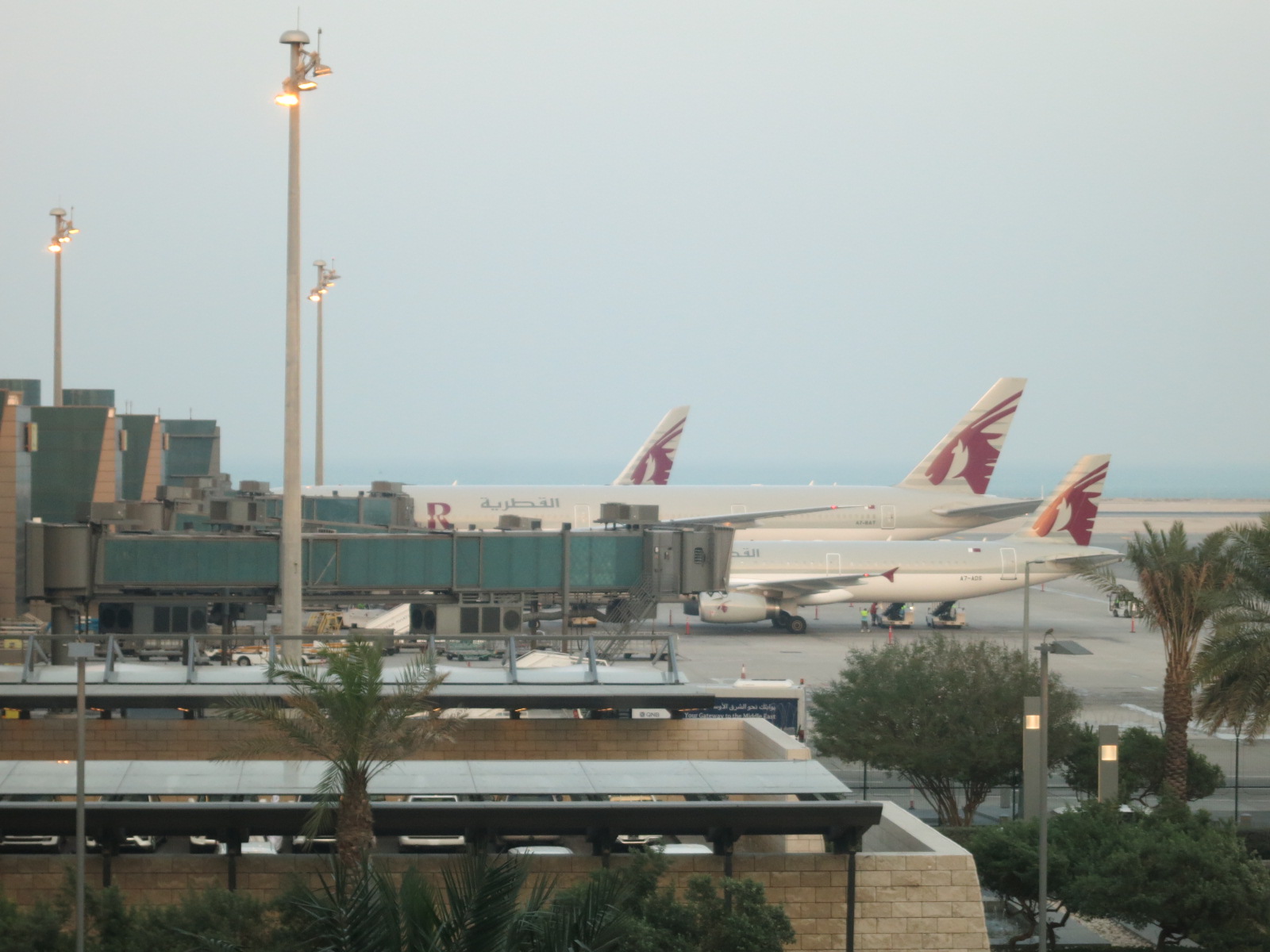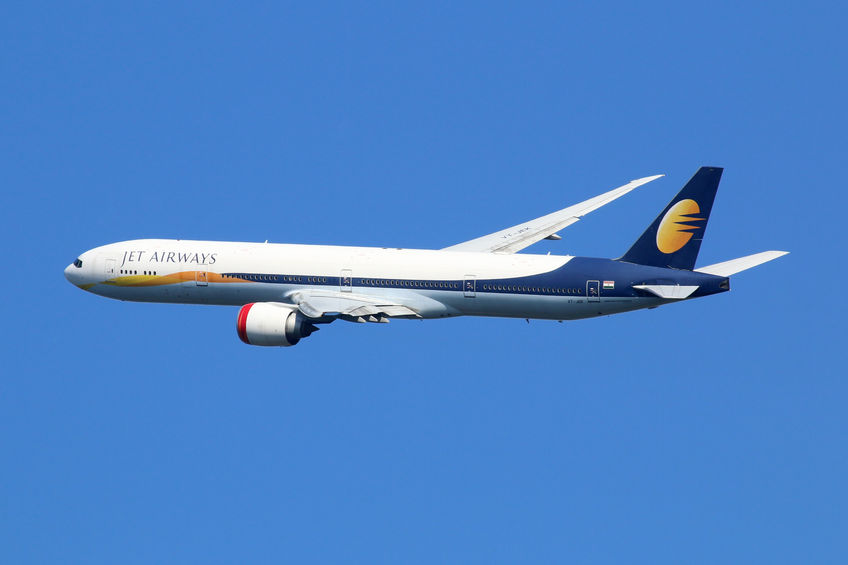After two and a half years of intense lobbying by Delta, American, and United they haven’t been able to get the US government to abrogate its Open Skies treaty with the UAE and Qatar and impose limits on flights and on price discounting by Emirates, Etihad, and Qatar. The Obama administration flat refused to do it.
The US carriers put their hopes in Trump but the departure of Steve Bannon set that back. The administration hasn’t acted in nearly a year, despite early meetings with US airline CEOs. However lobbyists are bringing many members of Congress onboard so there’s risk of legislative action where the executive branch refuses to move.
Ultimately at this point it appears not to really matter whether the US airlines officially ‘win’ the battle, getting Congress or the administration to take action against the US airlines. They’ve already won by creating background uncertainty.
Emirates cut back on US flying as a result of the Trump administration’s dangerous laptop ban (requiring lithium ion batteries to be checked into the cargo hold of commercial aircraft) and travel ban. They haven’t added a single US destination in two years. And despite a surplus of Airbus A380s they’ve been downgauging rather than increasing capacity on US routes. Their only new route touching the US is Newark – Athens, a leisure route with a densely packed Boeing 777.

Etihad killed their San Francisco flight. They’re reducing Los Angeles frequency. They’re ending Dallas Fort-Worth service. The Dallas flight is hurt by the end of their American Airlines codeshare, of course, and Etihad’s willingness to lose money in the short term as they build routes is limited as a result of their big losses in air berlin and Alitalia. But the risk of US government action against them makes investment in building routes riskier. They may lose money now, and never have the chance to make it up later.

Even crazy Akbar at Qatar Airways has been willing to launch new service when the US subsidizes it but keeps putting off additional announced service to Las Vegas.

Though they wouldn’t put it this way, the Gulf carriers have scaled back their investment in the U.S. and that’s at a time when the U.S. economy is in the midst of one of its longest economic expansion periods since World War II.
The Trump administration’s travel ban had its injunction lifted by the U.S. Supreme Court. Already travel to the U.S. is down. U.S. consumers may be traveling, and that’s great for airlines based here earning a disproportionate amount of their business on this side of the origin-destination equation, but not as helpful for airlines relying on local markets abroad.
The truth is that the winner in all of this isn’t Delta, American, and United. It’s Delta. American is severing ties with Etihad. It is losing its Jet Airways partnership and its Gulf Air partnership. It lacks meaningful reach into India because London Heathrow connections on British Airways. BA doesn’t fly to Pakistan. They don’t fly to Bangladesh.

Copyright: boarding1now / 123RF Stock Photo
United at least has its partnership with Star Alliance member Air India. American played the greater fool in going along with this because Delta scooped up a deal with Jet Airways while the world’s largest airline is mostly shut out of the very emerging market they’d fight Emirates, Etihad, and Qatar for a piece of.
By the way uncertainty over whether the United States will honor its international agreements doesn’t help us to fight terrorism or address North korean nuclear proliferation. But an unwillingness to publicly stand by Open Skies — and shut down airline lobbying efforts — is merely consistent with an overall theme created by the U.S. withdrawal from the Transpacific Partnership and demands to renegotiate NAFTA


Gary, given there is a better than even chance there will likely be a change of congressional power next November, the “reprieve” the US3 are feeling is likely to be short term.
Gene (an American)
P.S. (My air travel dream come true, one of the ME3 announces service
from ATL or JFK to LHR!)
Air India is United’s Star Alliance partner.
Maybe the point should be American is the loser?
@Gene – This battle is being fought more on the Executive level than in Congress, and even with Trump’s unpopularity, it is unlikely that the Democrats will gain control of Congress next year. They are defending the majority of Senate seats up for grabs, and the majority of House seats simply aren’t competitive in any scenario.
United partners with Star Alliance member Air India, NOT Jet Airways as you wrote. Delta and Air France-KLM have a partnership with Jet Airways and the airline may one day join SkyTeam. You’re correct that Delta is the winner her.
Also, what does this mean:
” [American] lacks meaningful reach into India because London Heathrow connections on British Airways. BA doesn’t fly to Pakistan. They don’t fly to Bangladesh.”
Because London Heathrow connections on BA? Huh? The post also makes it sound like Pakistan and Bangladesh are parts of India.
Your almost-daily Pravda-like coverage of this issue continues. Are the free luxury flights REALLY that important to you? I can think of no reason why any American — who wasn’t getting something from these billions in subsidies (like free flights, a job building their airplanes, or tourist dollars from subsidized visitors) — would by a shill for the Middle East oligarchs on this. And this includes folks who, rightly or wrongly, hate the US airlines.
Of course, when you look at the Americans who DO support the emirs, almost all of them DO personally benefit from the subsidies. Personally, I also benefit significantly from the subsidies through free flights, but that doesn’t stop me from understanding that the US gov’t should not be assisting these emirs in dumping airline seats into USA markets and hurting US airlines and their employees. Perhaps it’s because I’ve also worked on the management and investor side of the industry, which also gives me insight as to the outrageous distortions caused by these billions. In theory, as the owner of some US airline stocks, I could also theoretically reap some financial benefit from the Trump administration intervening, but the probability of that it quite low (Wall St. isn’t going to care, as it’s not going to boost next quarter’s earnings).
While the laptop ban has undoubtedly caused even greater losses for the Mideast airlines on their USA flights, it doesn’t mean that these flights ever made economic sense in the first place. They clearly don’t, and certainly not on huge aircraft. Anyone trying to at least break-even on a global Mideast hub would certainly be flying 787s to a handful of American cities and not larger aircraft (flying A380s to anywhere from a low-population Middle Eastern city is like offering such service from Des Moines). Mind you, this would still probably lose money (especially if three Mideast airlines were doing it), but it would lose less money.
But the Mideast airlines are happy to lose money, because they’re not in business to make money. Of course, nobody can afford to rack up billions in losses forever — which is why we are seeing the cutbacks. The lobbyists for the US airline employee unions are rightfully pointing to the latest data from IATA which shows that the Mideast airlines operate with shockingly low load int’l factors compared to all other world carriers. They’re in the high 60s while everyone else (except some tiny African airlines) are at around 80% or better. And this is in addition to the Mideast airlines also operating with much lower yields than most other int’l airlines! As a “thought leader in travel,” please explain how this is possible except without billions in subsidies. And explain why the US government should have trade agreements with foreign governments that assist their heavily subsidized airlines in hurting US airlines and their employees. Are you free flights really worth that? Mine aren’t.
Here’s the IATA data. Try to spin this. Look at the last page for yourself.
http://www.iata.org/publications/economics/Reports/pax-monthly-analysis/passenger-analysis-oct-2017.pdf?utm_source=A4FS+Contact+List+December+2017&utm_campaign=1d011e01f3-EMAIL_CAMPAIGN_2017_12_08&utm_medium=email&utm_term=0_72daddd64b-1d011e01f3-207872661
@IAHPHX
And what about jobs created by the ME3? And what about lowering fares for american consumers?
What about the subsidies US3 get by offloading pensions? What about the fact that AA does not pay corporate taxes?
Of course you don’t care about that since you work fir AA
You are a douche, just like parker and kirby are
Thanks, as always, for the kind words Doug. You probably understand that the person who uses personal attacks almost always has the worst argument.
There’s no “subsidy” in going broke and have your owners lose all their money. The benefit, of course, is to the employees who keep their jobs and the communities who keep their transportation. There’s also benefit to folks like me who kept their frequent flyer miles while the owners pretty much lost everything.
It’s rich to complain about taxes because the ME3 pay none. The US airlines pay lots and lots of taxes, but have generally not paid corporate income taxes due to tax write offs. Going forward, of course, they are slated to pay ridiculous amounts of corporate taxes compared to most other US corporations, so it’s a good thing the new tax law should eventually limit this burden to “only” 20%.
There are certainly people in the USA who benefit from the billions of dollars pumped into the ME3 from their governments. Those people include me. They include folks who buy below-cost airfare on the ME3 because the real cost is picked up by the Mideast governments. They include workers at Boeing who manufacture airplanes that wouldn’t be sold without the subsidies, and hoteliers who get customers who wouldn’t have visited the USA if they had to pay the “real” cost of their airfare. But this is like the owner of a sneaker store who benefits from customers who sell drugs and use some of their profits to buy his most expensive sneakers. Would he be lobbying the gov’t to allow drug dealing so he can sell more sneakers?